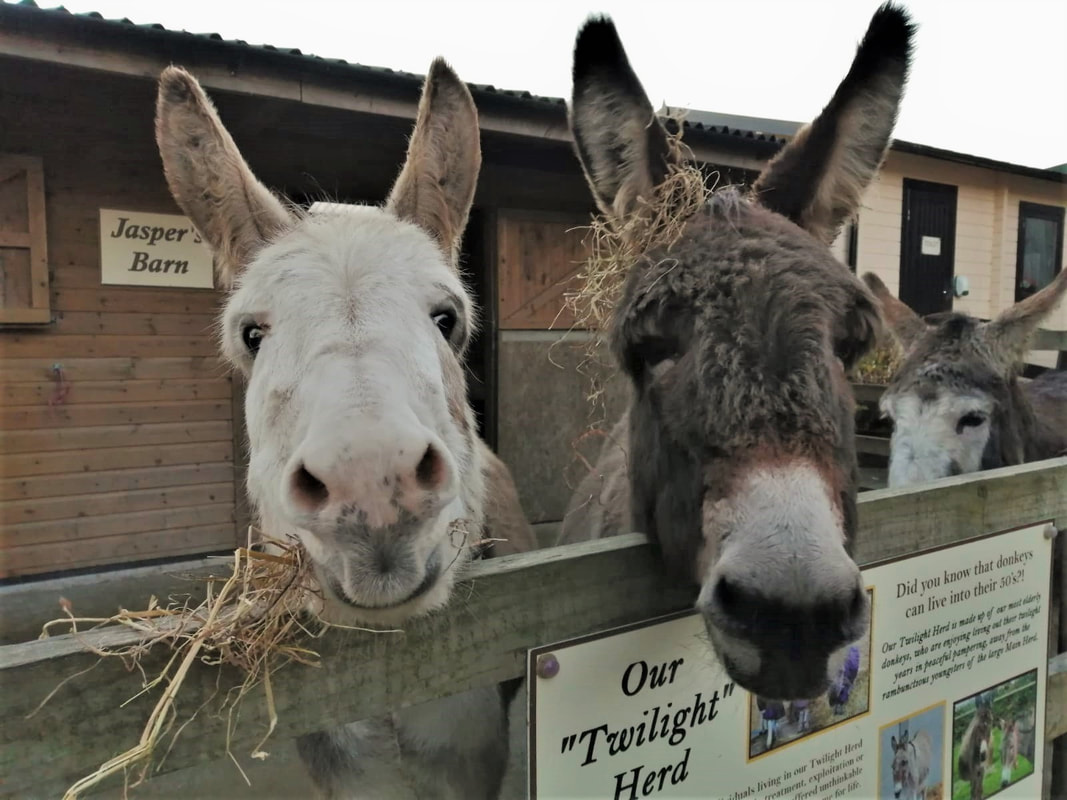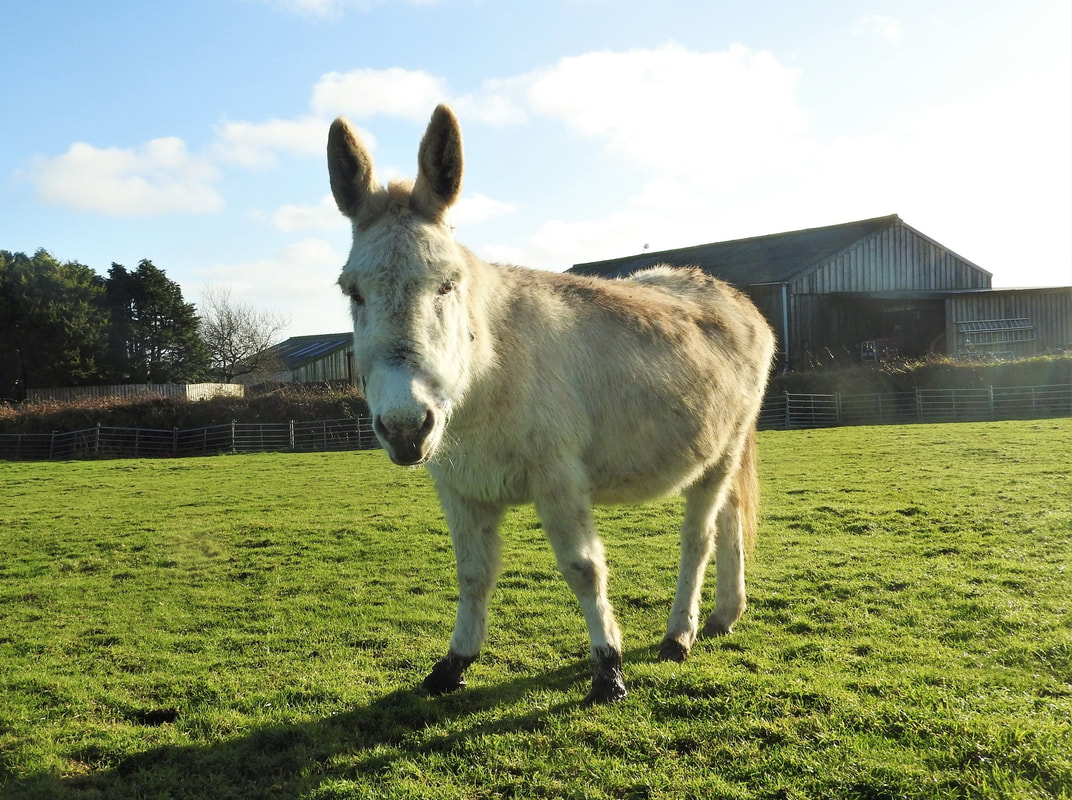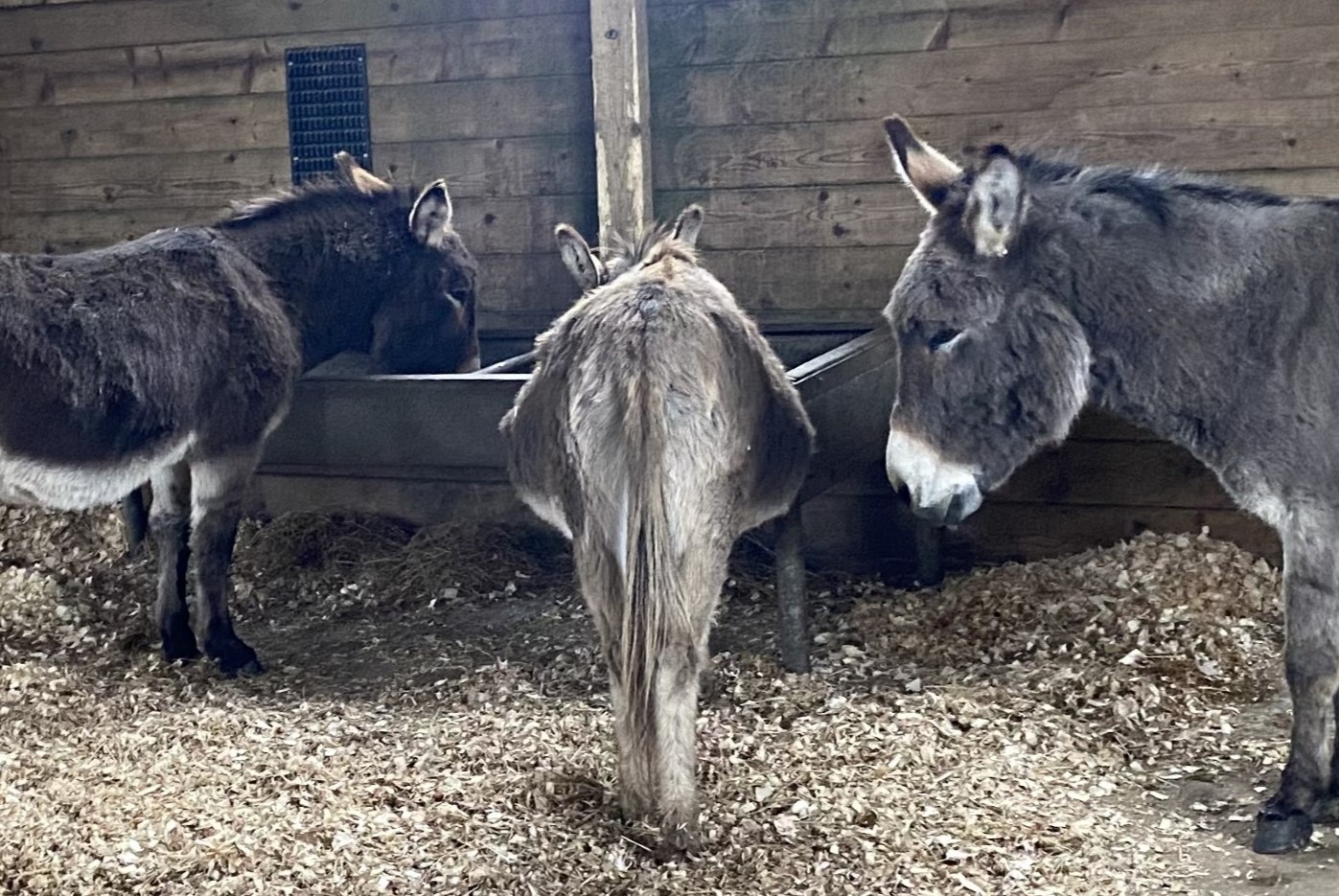Rescued in 2021, Snowdrop and Strawberry are two of the remaining donkeys from Cornish donkey sanctuary, Flicka’s’ ‘Herd of Hope’, saved from the mistreatment of animal dealers during covid.
Over the past few years, the sanctuary has worked tirelessly to heal their physical and psychological wounds, providing them a stable home.
Their story highlights the long-term effects of continued mistreatment of animals in the UK and the impact dedicated rehabilitation centre’s have on them.
Flicka, a renowned donkey and horse sanctuary in Mabe Cornwall, aims to provide rescue animals with a stable home environment, ensuring a second chance at life.
I recently visited the sanctuary, aiming to discover more about the transformations their work has achieved, which led me to delve deeper into the common continued mistreatment of the species.
Despite the UK specifically, having laws against the mistreatment of animals, including the 2006 Animal welfare act, the volunteers shared the continued cases of donkeys coming in with extreme health and socializing issues.
While speaking to volunteers upon my visit, I became aware of a recent story of a pair of donkeys, who have undergone a huge transformation since being brought to the sanctuary.
The pair were frequently mentioned to me by several volunteers including Laurie Stephenson, who runs the charity alongside Judy Giles, who began to share their story with me.

A photo of Strawberry, on the left. found on Flicka’s photo gallery:https://www.flickafoundation.org.uk/strawberry.html
Within the 40 donkeys who were rescued from dealers over this period, Strawberry and Snowdrop were among the few that stayed on at the centre.
After being rescued from dealers in February 2021, within a group of seven donkeys volunteer’s called their ‘Herd of hope’, they began immediate medical treatment for issues including, malnutrition and eye problems.
Snowdrop and Strawberry’s conditions were recognised as being more long-term, which resulted in the decision to keep them at sanctuary long-term; with Stephenson describing their health issues being ‘ongoing’.
Correspondingly recounting Snowdrop’s feet as being ‘so overgrown that they couldn’t walk’, she later went into detail about the team’s continued work in improving her persistent limp, a longlasting affect of her original injuries.

A photo of the Snowdrop the donkey, found on Flicka’s online photo gallery:https://www.flickafoundation.org.uk/snowdrop.html
However, despite their health issues becoming more manageable as it nears 4 years since their rescue, the team are still working closely with the pair to improve their fear of people at a steady pace, which was a psychological effect of their abuse in their past home.
These debilitating injuries are common to mistreated animals, in spite of UK animal rights laws, like the 2006 Animal rights act, that demands owners keep up with providing a safe environment and protecting them from pain and injury.
They share on their website how many of their rescues ,are usually found ill from the treatment from dealers by authorities, after they have been ‘disposed’ of due to reasons like the inability to breed or used for labour.
Further afield across the Atlantic, animal laws are less protective of their wellbeing.
With many countries including, Brazil and Africa, having a notorious skin-trade, causing the slaughtering of donkeys for their skin for a medical ingredient, a frequently protested trade described in a 2023 Horse and Hound article as ‘brutal’.
Whereas, donkeys in the UK have instead been more predominately traded in recent years for breeding and tourism purposes.
For example since 1780 coastal, ‘donkey walks’, have been a popular tourist attraction, which a 2024 Donkey sanctuary post highlights risks donkeys being ‘overworked’.
Under legal selling age and nutrition, these animals are degraded emotionally and physically if they don’t respond to their lives expected trajectory of constant breeding, with many being recovered after ‘months in lorries’.
The side effects to this level of isolation are like those of Snowdrop and Strawberry; their rehabilitation into new herds and homes is a slow and staggered process that intern requires a larger amount of attention from staff at rescue centres.
Although no new legal changes are currently expected in the new year, the work animal sanctuaries, like Flicka, do to improve the lives of rescue animals is helping bring more awareness to the public about the dangers of the animals’ trade.
Hopefully, in the future the rules around selling and owning donkeys will become more restrictive worldwide, to ensure they all have safe and stable homes.
